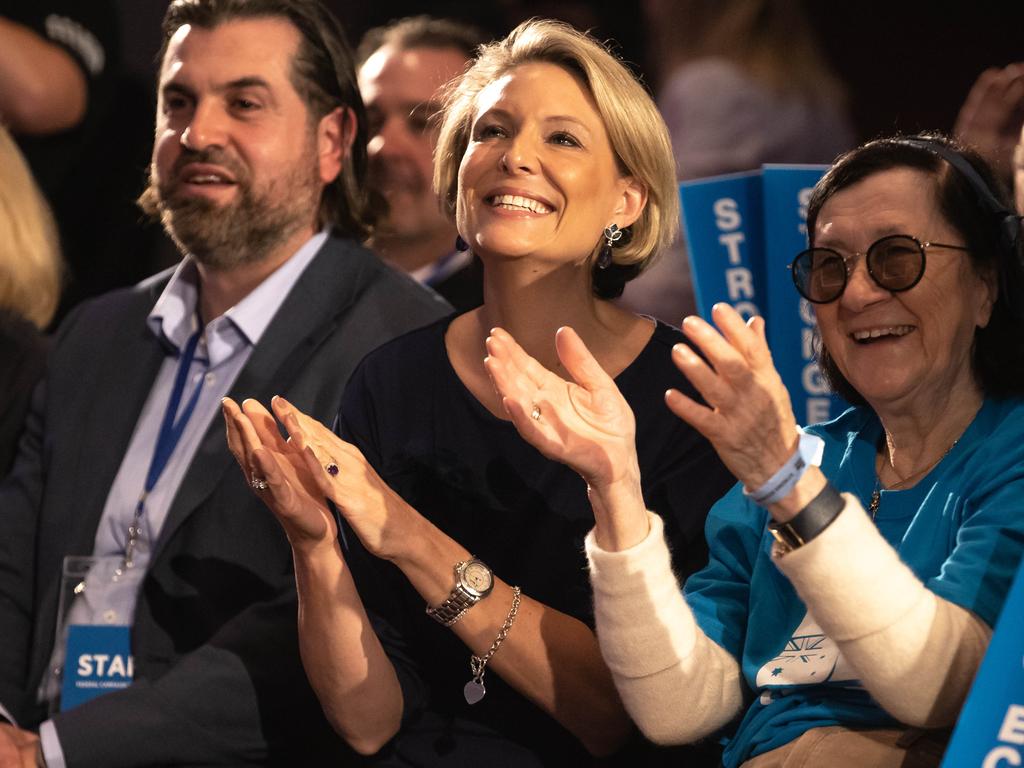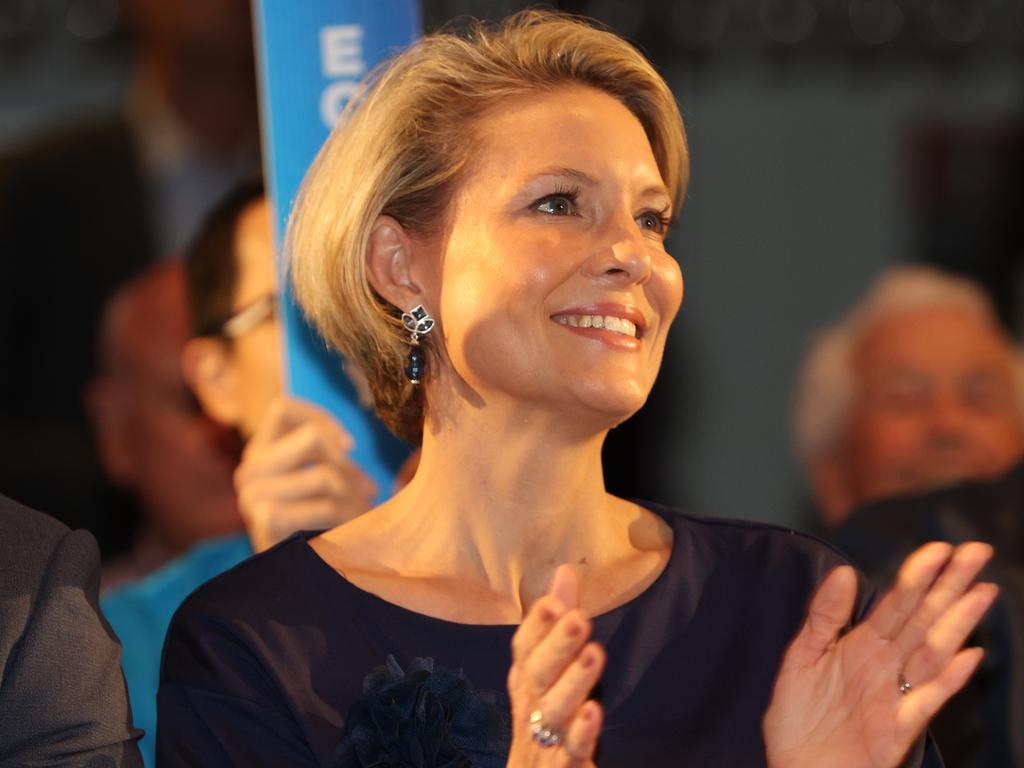
In doing so she decided she was, in fact, a boy. When she saw professionals about these issues – at a British clinic for gender dysphoric children – the health practitioners affirmed her belief that she was a boy. The clinic did not explore whether she was suffering from depression, or whether she had a history of trauma or low self-esteem, and promptly placed her on a treatment path to halt her normal development.
It took only three appointments before Bell was prescribed puberty blockers at age 16. She then took testosterone from the age of 17 and underwent a double mastectomy at 20. When Bell, at 23, decided to sue the clinic for malpractice, she said these treatments did not alleviate her dysphoria and she wished the clinicians had challenged her more about her beliefs that she was a boy. Reflecting on her transition, Bell has said: “I look back with a lot of sadness. There was nothing wrong with my body, I was just lost and without proper support. Transition gave me the facility to hide from myself even more than before. It was a temporary fix, if that.”
In Australia, activists have argued that gender-affirmation surgery is unavailable to children and therefore concern about such medical treatments is unfounded. But this applies only to surgery on the genital region. Children still can access double mastectomies if they have permission from a doctor and a parent or guardian. And children still are prescribed puberty blockers and cross-sex hormones.
We don’t know how many children have undergone double mastectomies or how common puberty blockers and cross-sex hormonal treatment is, as there is no data publicly available for journalists to access.
It is for this reason, as well as many others, that outrage over comments made by the Liberal candidate for Warringah, Katherine Deves, has been disingenuous. While her choice of words may have been indelicate (Deves has likened gender-confirmation surgery to mutilation) these issues are serious and are in dire need of debate in this country.
Several journalists and activists have made efforts to paint Deves as a culture warrior railing against trans children – much like a puritan railing against gay boys and lesbian girls a generation or two ago. The issue has been framed as a battle between progressive values and conservative prejudice, with conservatives just lagging behind in their acceptance of children who are different.
But this framing is factually wrong. There is no scientific consensus on the treatment for childhood gender dysphoria.
Sweden, for example, recently has halted the prescription of puberty blockers for minors and Finland prioritises mental healthcare for gender dysphoric children over drugs and surgery. When the most socially progressive countries in the world are pumping the brakes on using medical treatments to transition children, the idea it is only conservatives who have legitimate concerns is as shallow as it is dishonest.
The medical community knows puberty blockers are associated with significantly reduced bone density in developing children. They know cross-sex hormonal treatments can lead to infertility, which is irreversible. They know after double mastectomies patients are at risk of bleeding, infections and blood clots. They know after genital reconstruction surgery many patients can expect to experience lifelong sexual dysfunction. And they know while severe complications are rare, they can be debilitating: males who undergo vaginoplasty are at risk of fistula – a rupturing of the colon.
It is for these reasons the issue of transgender children and how to treat them is profoundly different to the issue of accepting lesbian and gay children in decades past. For a gay teenager to embrace their sexuality, they must learn to see themselves as no less of a boy because they are attracted to other boys (or no less of a girl because they are attracted to other girls). It involves learning to love one’s body while overcoming feelings of shame and alienation.
By comparison, embracing a transgender identity involves rejecting one’s body and medicalising one’s shame. This is a process that leads individuals to have a lifelong dependence on medical interventions such as drugs and surgeries. In some cases this may be liberating; in others this path may be tragic and unnecessary.
The way in which outraged media commentators have framed the issue is to portray Deves as attacking or belittling gender dysphoric children, when in reality Deves’s comments appear to come from a place of genuine concern for these vulnerable individuals.
Bell had no one in her corner when she took her feelings of distress to the British gender clinic that prescribed her puberty blockers and cross-sex hormones, and that led to the removal of healthy female breasts. We need more discussion, not less, to ensure that stories such as Bell’s do not become more frequent than they have to be.
When asked how people can support gender dysphoric children without pushing them into medicalisation, Bell has offered the following advice: “It has to start with how we look at gender nonconformity, and nonconformity in general. Almost every girl (if not all) that wants to or has transitioned has felt like they are wrong because they do not conform to something that this society deems as important or necessary … Gender nonconformity needs to be accepted …
“We need better mental health support, and I think that speaks for most countries. Mental health support is a great preventative measure.”
We do our children no favours if we ignore the advice of brave individuals such as Bell. Similarly, our society does not benefit if people such as Deves are demonised simply for sharing honest opinions on such complex and important issues.
Claire Lehmann is founding editor of Quillette.






British teenager Keira Bell was 14 when she began to feel dysphoria about her body. She was not a traditionally feminine girl but, instead of rejecting feminine stereotypes, she came to reject her own femaleness instead.